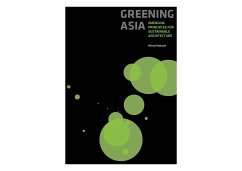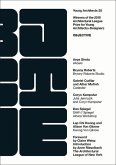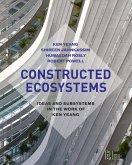The central argument of this book is that, despite the current trend to embrace Green, an urgent rethink is needed in the way that Asia builds. The hard truth about Green buildings today is they are products of fragmented and cautious approach. They not do enough to mitigate impact nor do the conventions of Greening address the diverse needs of the region and its people. Asia must get past the current do-less-harm, market-driven approach towards truly sustainable outcomes. Greening Asia: Emerging Principles of Sustainable Architecture reports on over 30 recent projects in Asia that go beyond Green. The author - an educator, architect and Green building expert - extracts from them six principles for sustainable design that are Asia-centric and scalable. In the first one-third of the book, the optimism regarding the Green building movement in Asia is questioned against facts on the region's rising consumption and worsening environmental track record. Arising from this critique, and an examination of what is defined as a Green building today, 6 principles are proposed as a way of moving the industry towards sustainable development. These are illustrated with nineteen projects in Asia. In the following two-thirds of the book, another twelve in-depth case studies are featured to illustrate how these six principles might be integrated at the drawing board and what this might mean to performance. Many of these projects are by well known and forward-thinking designers, such as Woha (Singapore), Morphogenisis (India) and Stephen Holl (USA). They illustrate different building typologies, policy agendas and socio-economic constraints. This publication has 334 pages with over 200 drawings and 330 photographs; projects featured are from Bangladesh, China, India, Indonesia, Malaysia, Philippines, Singapore, Sri Lanka, Taiwan, Thailand and Vietnam
Hinweis: Dieser Artikel kann nur an eine deutsche Lieferadresse ausgeliefert werden.
Hinweis: Dieser Artikel kann nur an eine deutsche Lieferadresse ausgeliefert werden.








